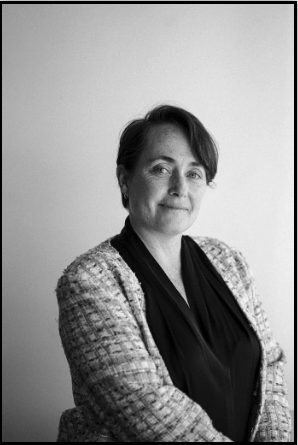Obsessive-compulsive disorder is a condition that can be incredibly disruptive to a person’s life without the proper treatment. Obsessive-compulsive disorder can affect people in different ways, so it is important to understand the disorder and its symptoms in order to receive the best treatment possible.
Obsessive-compulsive disorder, or OCD, is a mental health condition that causes repeated and unwanted thoughts or behaviors. Uncontrollable negative thoughts are often referred to as obsessions, while urges to perform an action or behavior are referred to as compulsions. In many cases, a person with OCD may experience both obsessions and compulsions.
Anxiety plays a major factor in obsessive-compulsive disorder. People with OCD often feel stress or anxiety over their unwanted thoughts or behavior. OCD was formerly classified as a type of anxiety disorder but now is individually classified as a unique condition.
While obsessive-compulsive disorder is less common than many anxiety disorders, it is not rare either. Approximately one out of every one hundred adults in the United States suffer from obsessive-compulsive disorder. Symptoms of OCD will usually first begin to appear in adolescence or early adulthood. However, it is possible to see OCD in young children as well.
Obsessive-compulsive disorder is a chronic condition that can ebb and flow over time. While many people can adequately manage their symptoms with treatment or if the condition is mild enough, symptoms generally get worse as a person experiences major stress events. This can include significant life events, problems in relationships, or additional stress caused by work or school.
Many people may have thoughts that seem intrusive or nervous repetitive tics and still not be diagnosed with OCD. Someone with obsessive-compulsive disorder has symptoms that occur for long portions of the day, cannot be controlled, are distressing to the individual, and are severe enough to cause a negative impact on their performance at work, school, or in relationships.
While OCD can impact people differently, most symptoms fall into one of four categories: checking, contamination, order, or ruminations. Checking symptoms are defined as paranoia or anxiety that causes a person to check certain things multiple times. This could include making sure doors are locked, lights are turned off, or the oven is off. In some cases, a person may have to check the same thing multiple times to ensure their safety.
Contamination symptoms revolve around the idea of avoiding germs or dirt. A person with contamination symptoms may include repetitive hand-washing or avoiding places or people the person with OCD may feel are dirty somehow.
Order symptoms focus on everything being perfect in some way. Symmetry is often a major factor in orderly symptoms, but it can also include a strict avoidance of clutter, alphabetical organizing of various things, and other forms of organization.
Ruminations are not based on behaviors but rather thoughts. Rumination symptoms cause a person to have uncontrollable thoughts that cause them significant distress. Without treatment, a person will likely be unable to control these thoughts. Often, these intrusive thoughts involve graphic, violent, or otherwise disturbing imagery.
The primary two symptoms of OCD are experiencing obsessive thoughts or compulsive behavior. In severe cases, a person may experience both symptoms simultaneously.
Common obsessive thoughts include anxiety over personal safety or the well-being of others, paranoia about friends and family hiding things, graphic imagery, or awareness of natural body behavior such as breathing or blinking.
Compulsive behavior can include anything from counting objects, silent prayer, repeating words over and over in your head, avoiding touching things in public places or repeating every task a specific number of times.
The causes of obsessive-compulsive disorder are not fully understood. Rather than one particular reason, OCD is most likely developed due to a variety of different risk factors. Biological, environmental, and psychological factors can all play a role in the development of obsessive-compulsive disorder.
Some possible risk factors include:
Although OCD can be a disruptive disorder, treatment options are readily available. Most commonly, obsessive-compulsive disorder is treated with a combination of psychotherapy and medication. OCD has no cure, and the primary focus of treatment is to reduce symptoms that cause the most prominent psychological distress and are most disruptive to everyday life.
Certain antidepressants can be beneficial in treating symptoms associated with OCD. Medication may take up to 12 weeks to begin working, so it is best to be using medication alongside a broader treatment plan. Every person responds differently to certain medications, and it may take a while for your doctor to find the best option for you.
Talk therapies, such as cognitive-behavioral therapy, can help change how a person perceives certain situations and promote healthier thoughts and behaviors in the future. If you or a loved one are suffering from symptoms associated with obsessive-compulsive disorder, please reach out to us today to learn more about potential treatment options.
At AM Health Care, we are to help you deal with your mental health in any way possible. We believe in designing a treatment plan that precisely suits your condition and your needs. Mental health disorders can be disruptive and potentially dangerous when left untreated, so there is no reason to wait any longer. Please call us today at 818-383-1297 to learn more about how we can help you and potential treatment options.
Our facilities that offer OCD Treatment:

